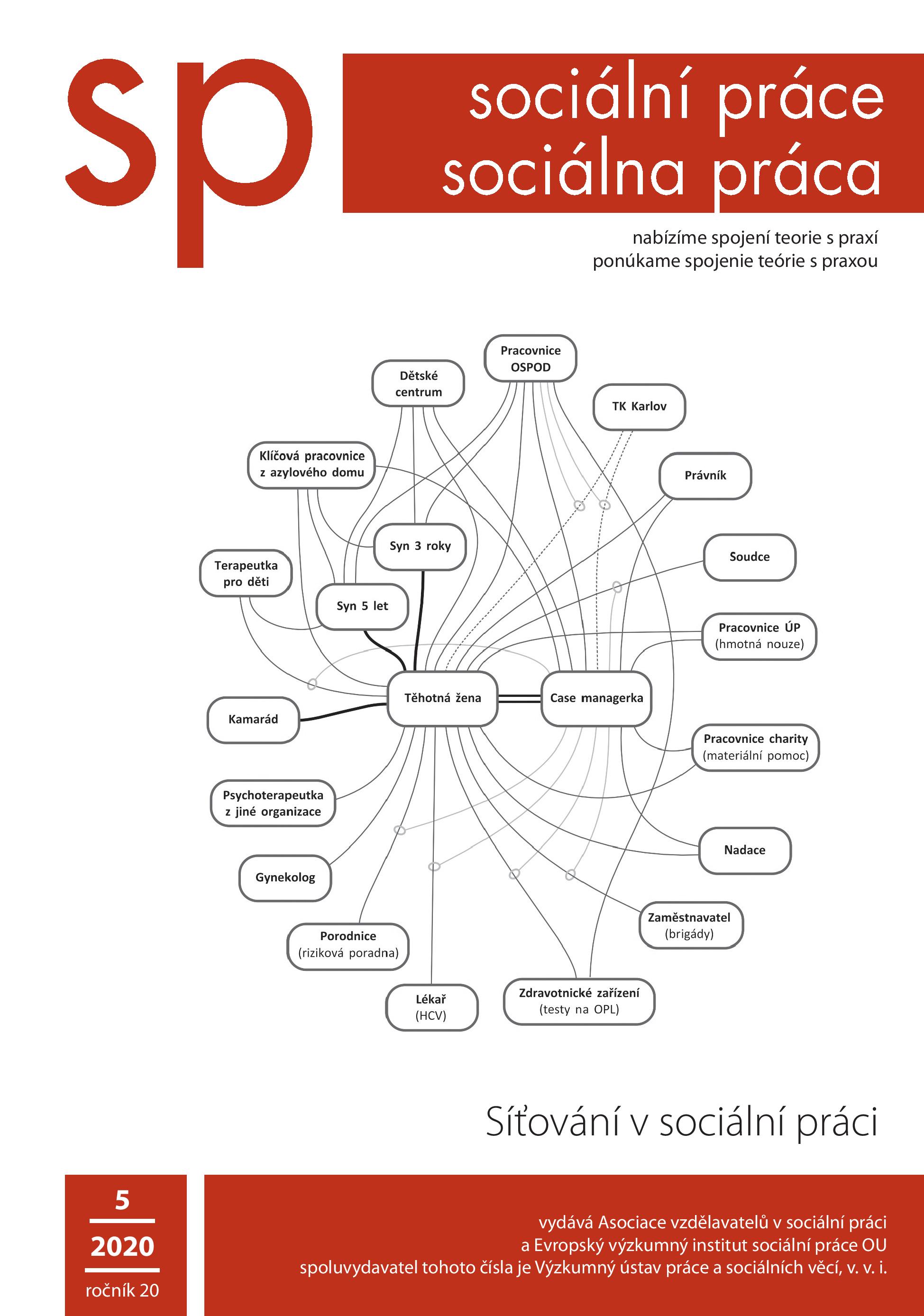
Search the web
Publishing schedule
6/2020 – Evaluation in Social Work 1/2021 – ERIS Journal - Winter 2021 - Forced Migration and Minority Groups 2/2021 – 3/2021 – 4/2021 – ERIS Journal - Summer 2021 - Histories of social work
Issues
Issues » 2019/4 - ERIS Journal - Summer 2019 »
Energy Transition and Environmental Justice: Effects on Vulnerable Groups and Implications for Social Work
Anna Suppa, Isabelle Steiner, Peter Streckeisen
Abstract:
OBJECTIVES: The submitted paper focuses on the energy transition and its social and economic effects on vulnerable groups. It raws on an empirical study on behalf of the Swiss Federal Housing Office. This contribution insists on the necessity to overcome he gap between energy policy, social policy, and housing policy. THEORETICAL BASE: The paper refers to intersectionality theory. It elaborates on the notion of energy poverty and takes into account research on environmental justice and environmentalism of the poor. METHODS: A mixed research approach was chosen, combining qualitative and quantitative methods: exploratory literature review and policy analysis; a quantitative survey among 74 experts; qualitative interviews with 10 vulnerable households and with 5 experts; and expert woprkshops. OUTCOMES: The chapter on empirical findings addresses the following aspects: impacts of energy poverty on the overall quality of life; problems due to deficient infrastructure and energy-inefficient housing equipment; discriminatory structures on the housing market; and services offered to persons affected by energy poverty. SOCIAL WORK IMPLICATIONS: The article concludes that a green social work mandate is needed in order to align the energy transition with environmental justice. Recommendations are given regarding energy policy, housing market, social assistance, and services to households affected by energy poverty. Keywords:
energy transition, energy poverty, housing, green social work mandate, intersectionality
Related papers
 More Alike Than We Think? Frames and Practice of Social Work with Families in the UK and Germany
More Alike Than We Think? Frames and Practice of Social Work with Families in the UK and Germany Emancipatory, Relationship-Based and Deliberative Collective Action: The Power of the Small Group in Shifting from Adversity to Hope, Activism and Development
Emancipatory, Relationship-Based and Deliberative Collective Action: The Power of the Small Group in Shifting from Adversity to Hope, Activism and Development Emerging Models of Social Work Accompanying Housing, or How Czech Social Workers Treat Homelessness in Families with Children, while Having No Legal Support
Emerging Models of Social Work Accompanying Housing, or How Czech Social Workers Treat Homelessness in Families with Children, while Having No Legal Support Preparing Young People for Leaving Children’s Homes
Preparing Young People for Leaving Children’s Homes Social Work Practice of Hospital Social Workers under the Structural Adjustment Program in Greece: Social Workers Protecting the Right to Health Care within the Context of Neoliberalism
Social Work Practice of Hospital Social Workers under the Structural Adjustment Program in Greece: Social Workers Protecting the Right to Health Care within the Context of Neoliberalism



